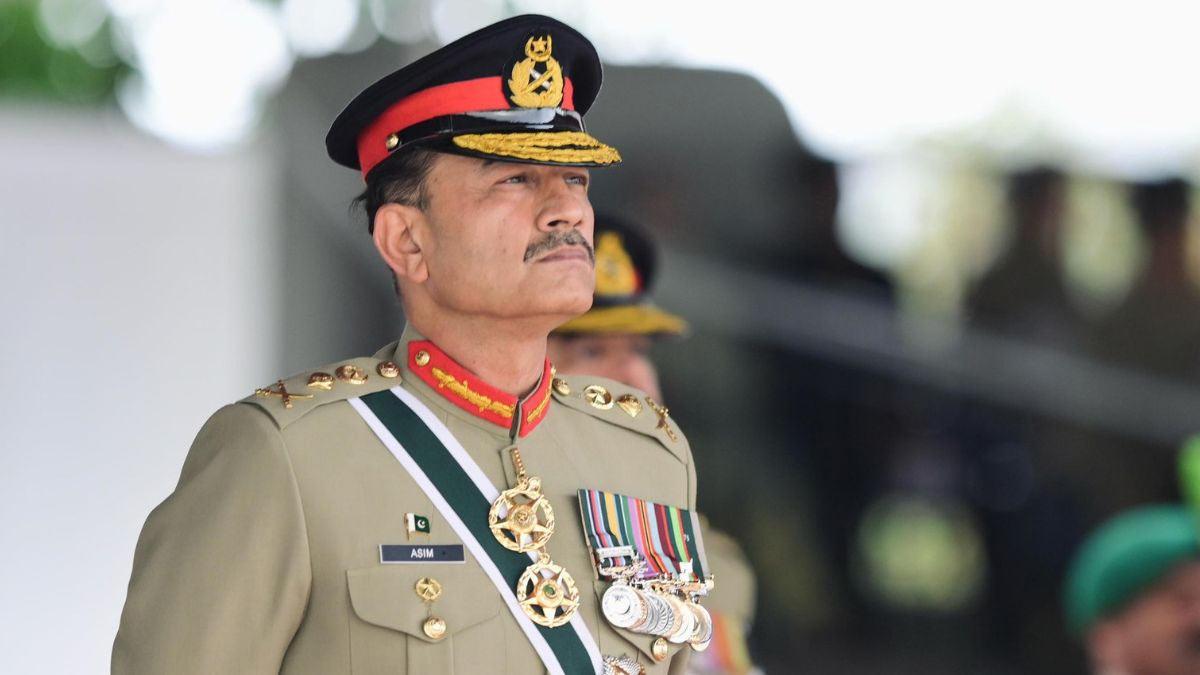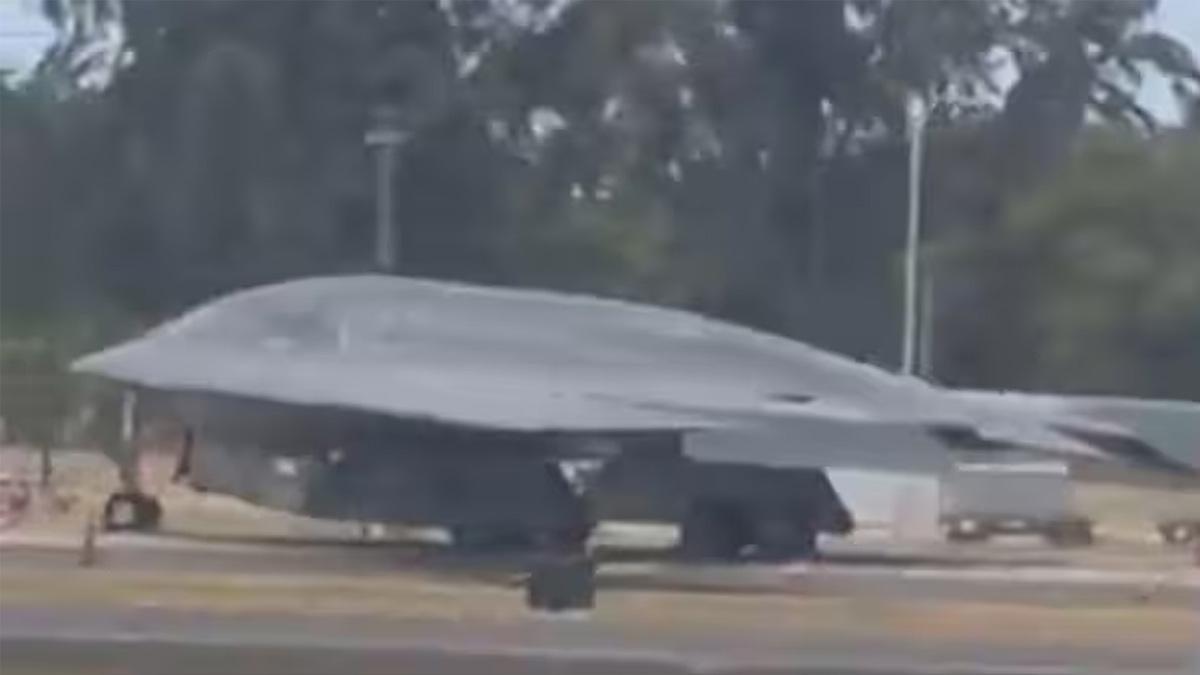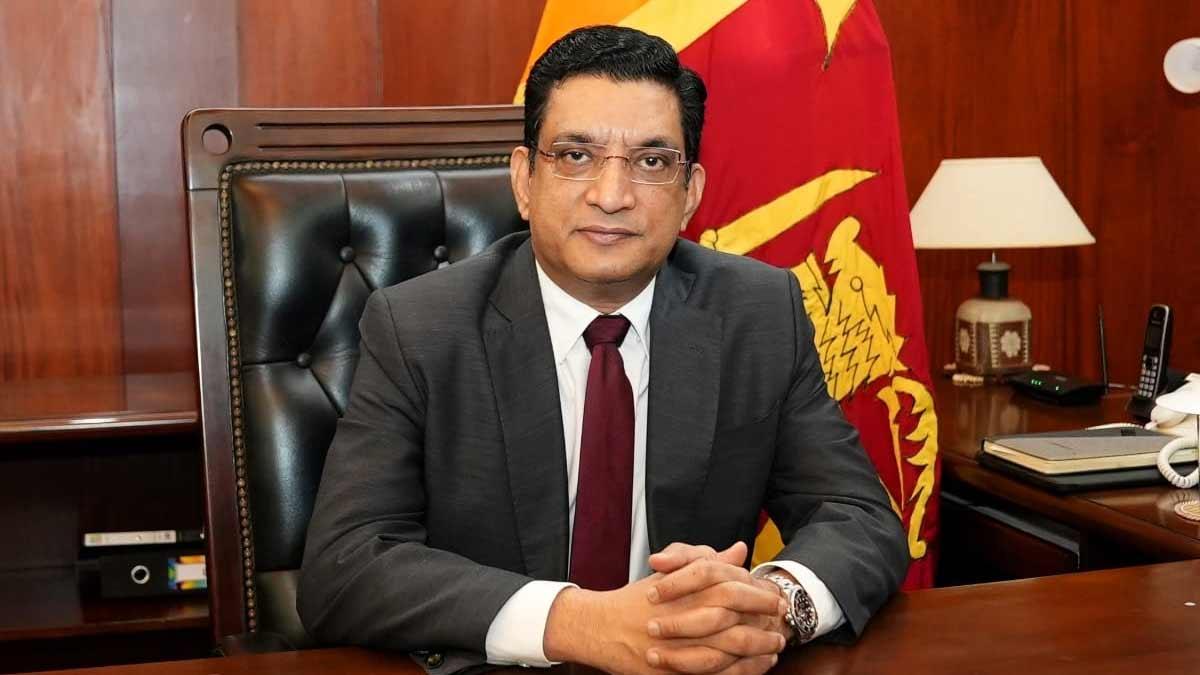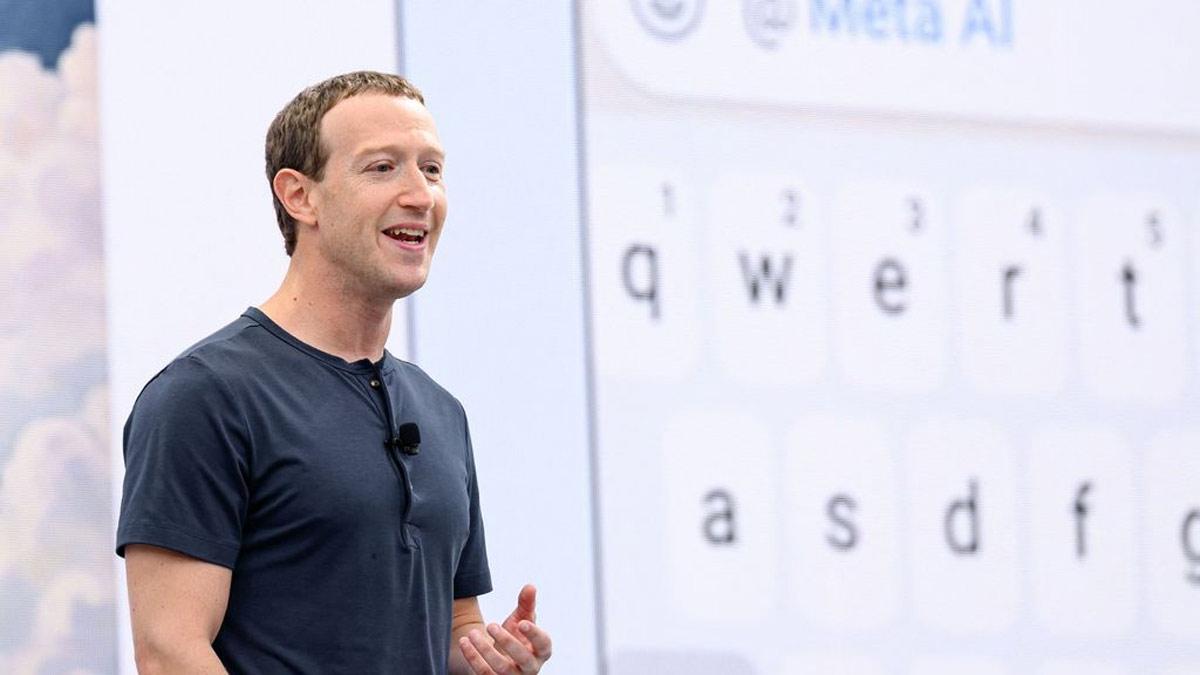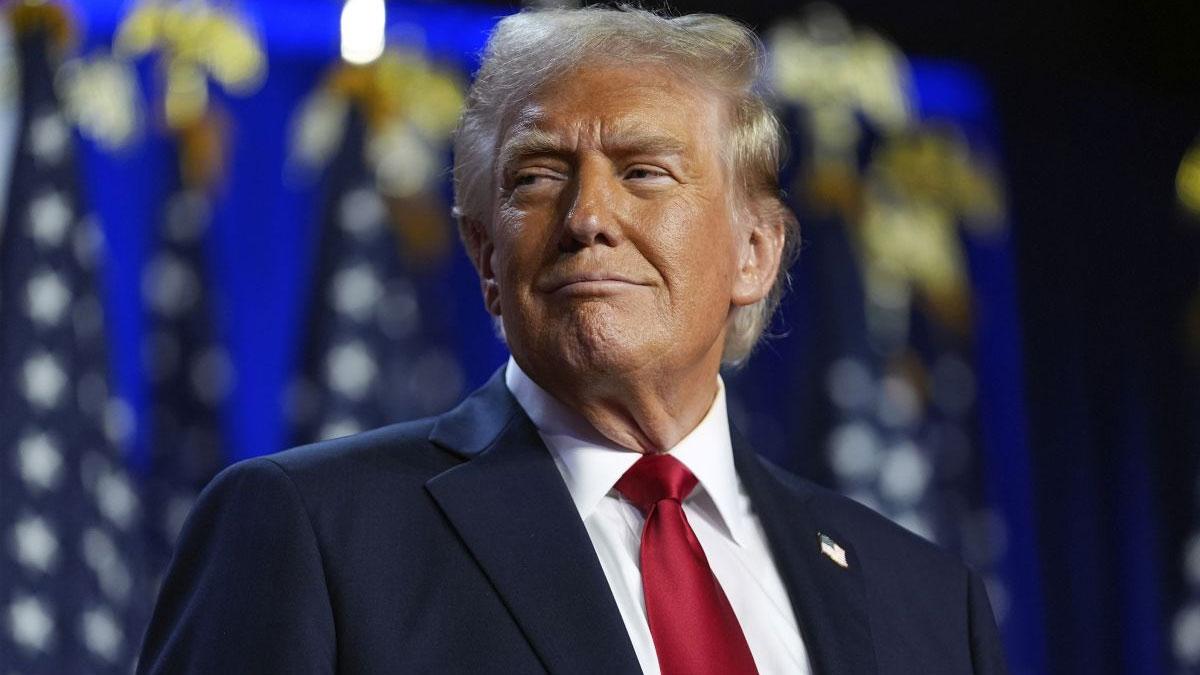In a sign of increasing defense cooperation between Washington and Islamabad, Pakistan's Air Chief Marshal Zaheer Ahmed Baber Sidhu recently visited the United States on a rare official visit—representing the first ever such trip by a serving Pakistan Air Force (PAF) head to America in more than ten years.
The visit comes after that of Pakistan's influential Army Chief, Field Marshal Asim Munir, marking what analysts interpret as a dramatic realignment in U.S.-Pakistan defense cooperation.
"The high-level visit is a strategic milestone in the Pak-US defence relationship. The visit will go a long way in addressing prominent regional and global security concerns as well as institution building," the PAF said in a statement on Wednesday.
In his statement, Sidhu had a series of high-level meetings with senior defense officials of America, including the Secretary of the Air Force for International Affairs Kelly L. Seybolt and the U.S. Air Force Chief of Staff General David W. Allvin at the Pentagon. The meetings were said to have centered on how to increase bilateral military ties, joint training exercises, and means of technology transfer.
The visit is timely, as Pakistan is reevaluating its reliance on Chinese military equipment, especially in the wake of recent military exchanges with India under "Operation Sindoor." There are reports Islamabad is considering sophisticated American platforms, such as F-16 Block 70 fighter aircraft, advanced air defense systems, and HIMARS artillery, as part of an overarching drive to diversify its defense acquisitions.
The performance of Chinese arms in the four-day standoff with India has caused eyebrows to be raised in Islamabad. One alarmist report said Indian troops seized an unexploded PL-15E, a Chinese beyond-visual-range air-to-air missile. When asked whether Chinese weapons provided to Pakistan were effective, Chinese Defence Ministry spokesman Zhang Xiaogang gave a diplomatic answer: "Pakistan was assisted by China's air defence and satellite systems, but the performance of these systems fell below the average level." He called on India and Pakistan to refrain from escalating tensions and exercise restraint.
Re-Hyphenation of U.S. Policy Towards South Asia
The visit of Sidhu has been interpreted by analysts as a sign of a possible change of U.S. strategic thinking—a re-hyphenation of its policy towards India and Pakistan. This is in contrast to the post-9/11 period, when the U.S. had more or less "de-hyphenated" the two nations in its foreign policy strategy, treating them as independent countries with individual strategic considerations.
Osama Bin Laden's presence in Abbottabad had taken Washington deeper into India's corner. But the recent geopolitical trends, such as Pakistan nominating Donald Trump for the Nobel Peace Prize following the India-Pakistan ceasefire, indicate a thawing of U.S.-Pakistan relations. Trump has continually bragged about securing peace, but India has insisted that the ceasefire was a bilateral decision.
Ex-U.S. National Security Adviser John Bolton spoke about the changing paradigm in an interview with Firstpost journalist Bhagyasree Sengupta in May. "It's distressing to me that Pakistan is so much in China's pocket today. Ultimately, that's not going to be to their advantage. Ultimately, I think peace on the subcontinent is going to have to involve an accommodation between India and Pakistan. They're the two largest powers. That's the reality," Bolton asserted.
He also considered previous U.S. attempts at de-hyphenating India and Pakistan in strategic terms. "I think a lot of the de-hyphenisation happened after 9/11, and I think Secretary Powell and President Bush struggled hard to try and do that. And I think today the shared threat that we see, in particular in the Indo-Pacific region, but actually globally, is the China-Russia axis. And so there's a lot to discuss there."
Regional Consequences for India
Pakistan's overtures to both Washington and Beijing could be tricky for India, given that Turkey has also come out firmly in support of Islamabad in its recent military clash with New Delhi. With several regional powers rallying behind Pakistan, India is likely to intensify its relations with current allies while attempting to reinforce ties with potential new strategic partners.
New Delhi is keenly observing how Washington manages to balance its deepening engagement with India—specifically in domains like defense technology cooperation, Indo-Pacific security, and trade—while simultaneously re-engaging with Pakistan on the military front.
As evolving global and regional power dynamics unfold, India will need to reshape its foreign policy with a focus on ensuring its strategic autonomy while seeing that its security interests are protected in the midst of shifting equations between the U.S., Pakistan, and China.
Read also| Quad Slams Aggressive Moves in South China Sea; Jaishankar Calls It a ‘Serious Concern’
Read also| Pakistan to Take Over UN Security Council Presidency for July Starting Tuesday

